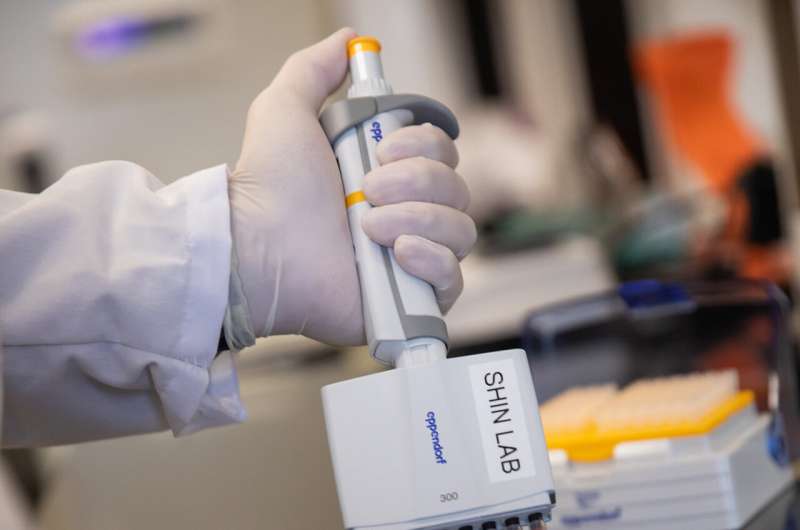Home » Health News »
Study highlights specific neurons responsible for type 2 diabetes development

Illness is almost never all in your head, but new research from Texas Tech University’s Department of Nutritional Sciences suggests a specific group of neurons in the brain may play a crucial role in the development of Type 2 diabetes.
In 2014, Andrew Shin, an assistant professor and director of the Neurobiology of Nutrition Laboratory, began studying how the human body regulates branched-chain amino acids (BCAAs). These essential amino acids play important roles, producing energy from our food and creating neurotransmitters the brain needs to operate. But recent studies have shown that having too much BCAAs in our blood might actually be bad news.
People with obesity and Type 2 diabetes typically have higher levels of BCAAs in their blood. In fact, their levels are consistently higher across all ages and ethnicity, meaning the amount of BCAAs in blood can be used as an early marker for Type 2 diabetes risk. Additionally, BCAA supplementation, which is common among athletes, can lead to insulin resistance and an abnormally high glucose level—in short, it creates the path to develop Type 2 diabetes.
Building upon earlier research, Shin wanted to understand why BCAAs are elevated in blood and what underlying mechanisms make it so. In a new study, recently published in the journal Diabetes, Shin’s lab found a specific group of neurons, called agouti-related protein neurons, in a specific area of the brain, the mediobasal hypothalamus, are primarily responsible for controlling BCAA levels in the blood.
“Our findings are significant because now we have a better understanding of how blood BCAAs are controlled and why they may be higher and take part in raising blood glucose in people with obesity or Type 2 diabetes,” Shin explained.
“We believe that if we can figure out how BCAAs are normally regulated in our body, that would allow us to pinpoint which part within the mechanistic pathway has gone wrong in people with obesity or Type 2 diabetes. That would eventually help us develop dietary or pharmacological interventions to keep blood BCAA levels low. Our hope is that this would contribute to treating people who are susceptible to developing insulin resistance and Type 2 diabetes.”
Shin cautions that while this new research brings science one step closer to understanding how BCAAs are physiologically regulated, there is still a long way to go.
Source: Read Full Article


